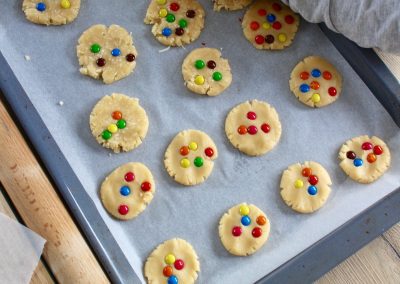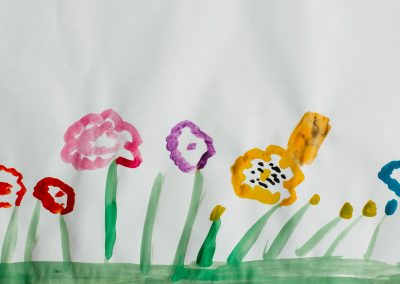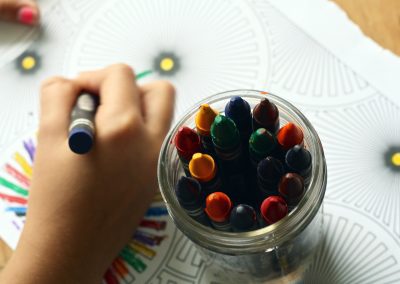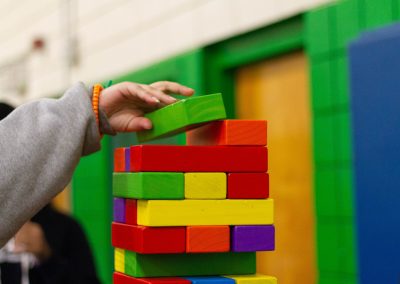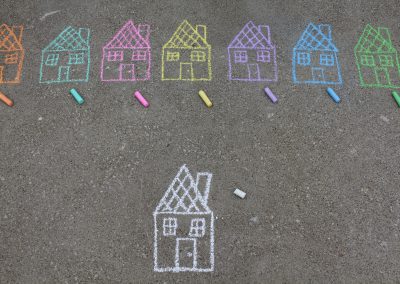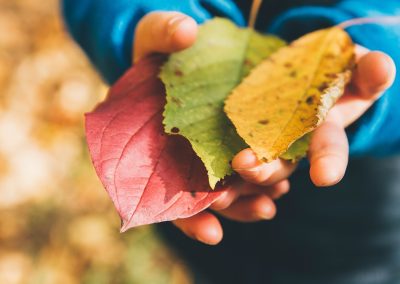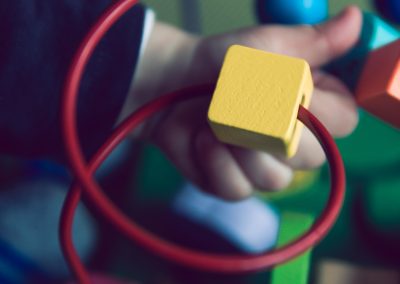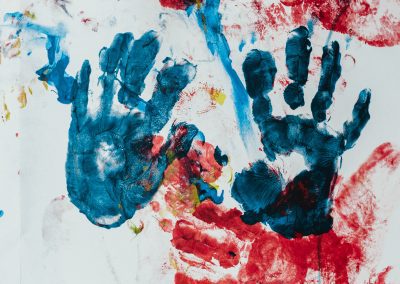Curriculum
Our curriculum aims to provide a stimulating education programme
in a safe and loving environment
Our approach to learning
We base our centre’s learning programme on the principles and strands of Te Whāriki (the New Zealand early childhood curriculum), along with up to date research and trends in early childhood education.
Our Christian approach is interwoven with our teaching. Teachers encourage children to care for themselves, care for others and for God’s world. We recognise that we are all unique individuals. We respect our contextual cultres, abilities, and genders.
We encourage children to learn and develop according to their individual needs
Our programme is supported by individual and group observations of all children to find out what these needs are. We discuss children’s learning and development at staff and programme planning meetings.
We aim to help our children:
“to grow up as competent and confident learners and communicators, healthy in mind, body and spirit, secure in their sense of belonging and in the knowledge that they make a valued contribution to society (Ministry of Education (1996, pp.9).
Mana atua
Wellbeing
Mana tangata
Contribution
Mana whenua
Belonging
Mana reo
Communication
Mana aotūroa
Exploration
We plan our programmes based on children’s Learning Outcomes (from Te Whāriki), and needs our Local Curriculum priorities and focus on children’s individual interests, needs and learning styles. We use a Play-Based learning and Intentional Teaching method of planning and assessment
Children have opportunities to discover, explore, question, wonder, and make comments. Teachers support the learning by offering explanations, resources and experiences. With this support, children’s knowledge and understanding of the world they live in develops.
“St Mary’s ECEC has exceeded our expectations. The teachers are extremely supportive, knowledgeable and professional in their approach to not only your own child but to all others attending the Centre. The teachers have the children’s best interests at heart and are truly committed to their ongoing learning and development. They are a very special group of individuals, which we are extremely lucky to have supporting and caring for our son as he grows and develops and transitions into his first year of school.”
Daily childcare and learning programme
Below is the program and routines of a typical day at St Mary’s ECEC. Individual and group planning guide activities and experiences the children experience throughout each day. Outings into the community complement the program. All teachers and staff undergo ongoing professional development so their own knowledge is always current and takes into account any new issues, trends and research in the field of early childhood education and care.
Transition to School
When a child is 4-year-old their profile teachers, plan experiences around going to school. Our Transition to School activities also help children become more independent and confident with other people and familiar with the new environment that they will find in the school.
School visits
We may be able to take a child to some of their school visits if they’ll be going to a school nearby, and will do this in conjunction with their parents.
Outings
Each group has a regular, planned outing away from the Centre. Places we have visited include:
- the local library for their story time
- Te Papa
- Zealandia
- Carter Observatory
- Wellington Botanic Garden
- Bus and train trips
- Different shopping experiences.
- St Mary’s church and vicarage.
We also walk around the block, exploring nature and the community.
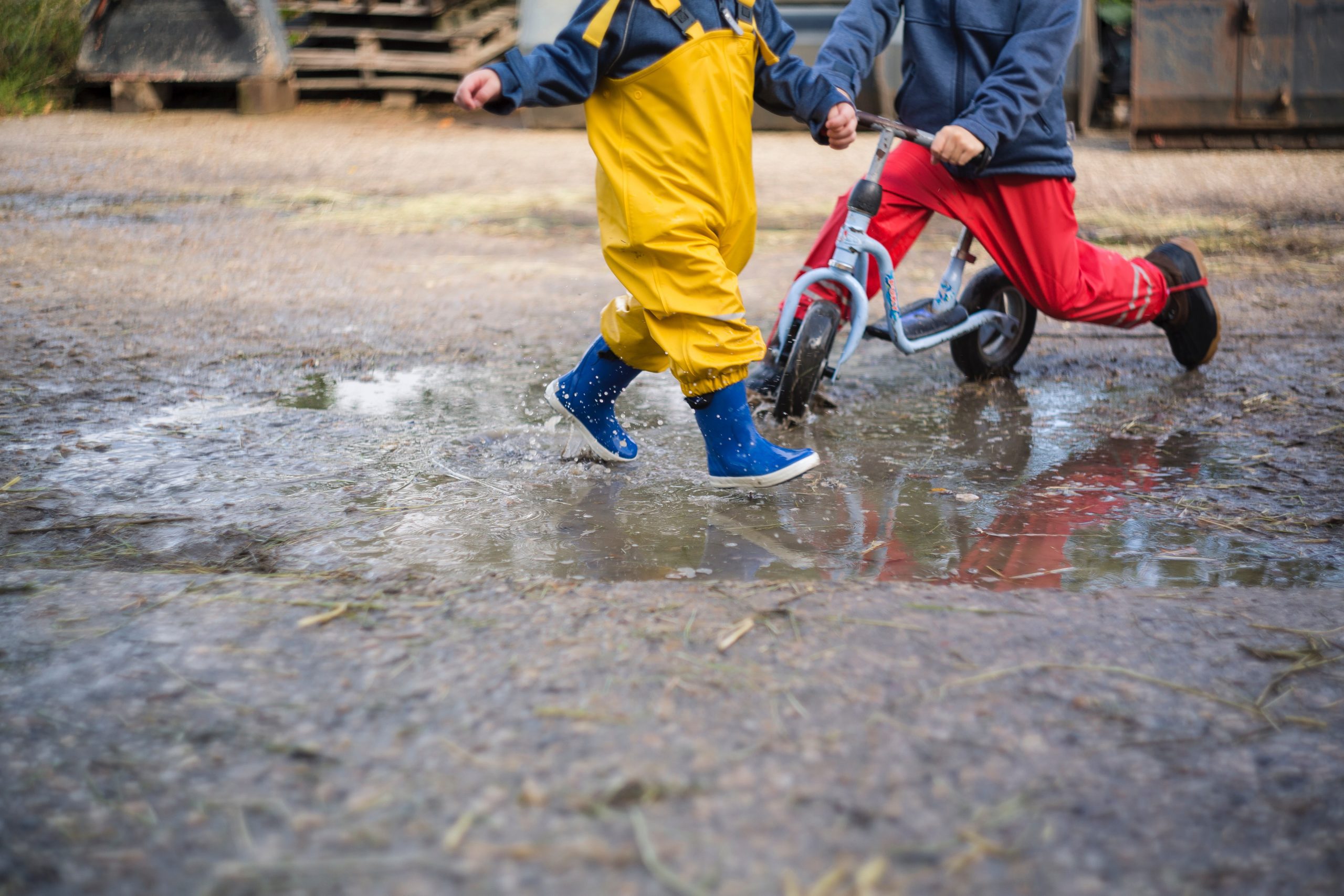
Planning and recording children’s learning
Assessment of children’s learning and development.
Teachers evaluate and assess children’s learning and development by observing them while they work and play. We use video cameras to capture children learning throughout the centre.
The evaluation and assessment of children’s learning are achieved with consultation between teachers, parents and or whanau/families. Information shared tells of prior learning experiences and knowledge, what we are seeing, and how we might best support ongoing learning. This ensures that the assessment method used is based on children’s contextual cultures (different environments they live in) and provides an overall socio-cultural perspective of learning and development. Teachers plan for individual children, taking into account how children learn, what learning dispositions they have, and what learning they already come with.
The individual plans are then used to formulate group work or curriculum planning, which are then posted, along with video clips (learning stories) onto ‘EDUCA’ (our centre’s online portfolio site). Parents and other family members can also contribute to their children’s learning by adding posts and or comments to the site. Only teachers and the child’s parents have access to the profiles on EDUCA and if parents want to they can invite families from all over the world to view and participate in their child’s learning.
Profile books
Our teachers also record children’s learning and development in their profile books. These records include photographs, art and craft work, and observations (learning stories) linked to Te Whāriki. Learning stories can be updated by other staff, children, and parents. Children (and their parents or caregivers) can view their profile books at any time.
Our Focus Areas
St Mary’s Early Childhood Education Centre provides innovative and well-thought-out curriculum areas that are carefully designed to engage, inspire and unlock your little one’s unique potential., Rich in learning opportunities and crafted around children’s specific interests, our age-appropriate programmes encourage a love of learning that will set children up for life.
Our ECE curriculum sets goals and plans for children to acquire skills and knowledge through experiences and opportunities. This provides the curriculum foundation necessary for best practice and addresses the individual needs of each child. Having daily routines, providing self-help, and life-skill development are part of a child’s day. Children are always learning, and it is important to recognise that the programme provides learning experiences for all development domains.
Physical Activity - Korikori
Finding ways every day for children to use large and small muscles allows them to gain increasing control over their bodies. Physical activity promotes children’s mental and emotional health as well as their physical well-being. Children develop large muscles, strength and balance, and they learn to take risks and problem solve, be creative and use their imagination, and they gain confidence. They learn social skills such as turn-taking and cooperative play. St Mary’s Early Childhood Education Centre has a wide range of resources and activities that promote physical activity in both inside and outside environments.
Every Tuesday: we have an organisation coming into the centre to provide a sports program for the older children.
Every Monday: We have a session in the Soft Playroom in Te Korōria (next to the centre).
Water Play - Tākaro wai
Teachers enjoy this almost as much as our children, and during the summer months many happy times are spent sprinkling, sloshing, squirting and splashing. Waterplay gives many opportunities to develop fine and gross motor skills across the ages. Water is a natural material that provides hours of fun, development and learning opportunities. Children benefit from the relaxing and repetitive nature of scooping, pouring and running their hands through the water.
Messy Play - Korihori pōrohe
Messy play gives children the opportunity to experience a wide range of sensory experiences, such as finger paint, slime and gloop. Sensory play supports language development, cognitive growth, fine and gross motor skills, problem-solving and social interaction. Squishing and squeezing can help pre-writing skills and gives children the freedom to explore and have fun. Sensory experiences can calm children as it is a very soothing task. Messy play increases knowledge and development in fine motor development, science and mathematics development.
Sand Play – Kirikiri
Sand play is fantastic in aiding development by improving the coordinative, interactional, and creative aspects of your child’s brain. Sand play promotes creativity and imagination, brings delight, and develops social competence. The repetition of filling up a bucket and tipping it out over and over is about perseverance and skill. Children learn strategies for active exploration, thinking and reasoning. Sand play helps develop basic math and science concepts such as exploring, estimating, experimenting, measuring and constructing.
Literacy & Numeracy - Reo matatini/Reo Pangarau
Literacy and numeracy skills are woven throughout our curriculum to ensure that by the time your child leaves our centre, they have gained the literacy and numeracy skills they need to succeed in the next stage of their learning journey. Literacy and numeracy skills are the foundation for continuing learning and provide access to other parts of the curriculum. Literacy is learning to communicate. It is important that children have a broad and open-ended environment where literacy is embedded into everyday activities. Numeracy is counting, sorting, pattern making, sequencing, size, weight and volume. Math can be found and supported in every area of play, fun and repetition.
Children here at St Mary’s Early Childhood Education Centre learn Te Reo Māori, New Zealand/Aotearoa sign language and English. They also learn other languages as some children come not speaking any English.
Music – Waiata
Listening to music and participating in musical experiences forges neural connections, which will help your child in almost every area of their learning, including rhythms and rhymes, language development, maths and reading. An integral part of our programme, music also provides an opportunity to dance, sing and learn about different cultures. Using New Zealand/Aotearoa’s three national languages are the basis for musical activities. Children have a wide range of musical instruments to explore sound.
Family & Dramatic Play - Ngā whakaari ā-whānau
Children learn through play, so family and dramatic play provide invaluable opportunities for children to express their feelings, ignite their imagination, and build empathy and understanding. By acting out different roles, children learn valuable real-life skills such as communication, sharing, negotiating roles and caring for others as they learn to socialise.
Dramatic play is a great way for children to learn to self-regulate their emotions and actions. It is a type of play where children accept and assign roles and then act them out. They break through the walls of reality and pretend to be someone or something different from themselves. Children have the freedom to express their feelings through dramatic play, through toys, props, and materials in all areas of our curriculum.
Building & Construction - Wāhi hangahanga
Construction play makes a difference in how children think and complete tasks through creativity, problem-solving, cooperative play and fine/large motor skills. It builds self-esteem and feelings of success and encourages children to think independently and make decisions based on what they are learning. Using construction play helps make early education fun and engaging.
There is a large variety of resources that encourage children to build and construct around the centre. Children learn mathematical and scientific knowledge, such as length, size, balance, shape, proportions etc. It also promotes creativity and dramatic play.
Carpentry can support learning across all strands of Te Whāriki. In particular, children’s developing capability to be expressive is supported in the Communication strand, where they discover and develop different ways to be creative and expressive. It is also supported in the Exploration strand, where children gain confidence and control of their bodies, especially in the fine movements associated with using tools.
Technology – Hangarau
Technology provides opportunities for learning at all levels of education – and this journey starts in early childhood. Digital resources can create interactive environments where children are engaged in mastering specific skills at their own pace. Technology plays a positive role in children’s learning and development, and it provides an active learning environment for children. Teachers play a vital role in ensuring children use technology in a safe way that contributes to the diverse learning that is valued. Children have access to a wide variety of ICT resources and resources that help children learn how things work and are made. Children gain knowledge is different curriculum areas through the use of resources and support for Kaiako.
*St Mary’s Early Childhood Education Centre has a cyber safety policy, and teachers ensure that children using ICT are safe at all times.
Transition to School Programmes - Whakawhiti kite kura
Transition to school is an important, emotional time for children and their families. The early childhood curriculum Te Whāriki provides a base for children to be able to build on their learning and become confident and competent in school. We have a collaborative approach and effective communication with family and whanau to make this transition as smooth and comfortable as possible. Identifying children that require assistance in the process is essential for the transition to be successful. Each level of learning supports children to cope with what comes next in life, and this follows every stage of the program. We believe that we prepare children for lifelong learning, rather than for school. As we foster the skills and knowledge that is at the base for all learning.
Primary Caregiving - Kaimanaaki mātua
A child’s emotional well-being is our top priority, and on enrolment, a child is paired with a teacher who will plan for and assess the child’s learning while at St Mary’s Early Childhood Education Centre. The profile teacher will take videos and photos of your child as they play (work), monitoring their individual development. The Kaiako write stories and assessments and liaise with the whanau to ensure whanau aspirations are being catered for.
Godly Play
Godly Play is a Christian program we run for our older children, based on a Montessori-style interactive approach to telling Bible stories and helping children explore their faith.
Soft Play
An excursion once or twice a week to the soft play area of Te Kororia.

